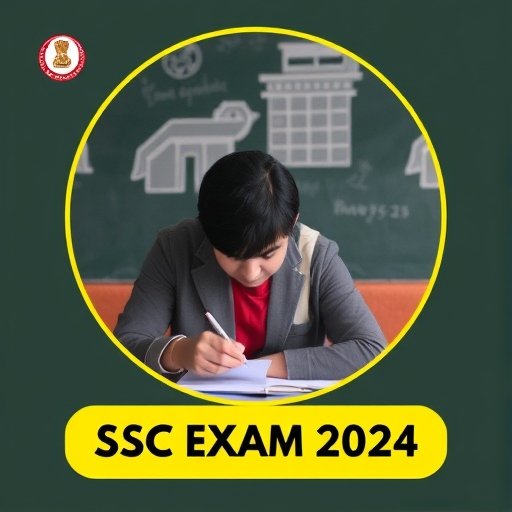The REET (Rajasthan Eligibility Examination for Teachers) exam is conducted by the Rajasthan Board of Secondary Education (RBSE) for recruiting teachers in primary and upper primary schools across Rajasthan. Here’s a breakdown of the core content areas for REET:
For Level I (Primary Teachers, Classes 1-5)
- Child Development and Pedagogy:
- Child psychology and development
- Learning theories and approaches
- Teaching methods and techniques
- Inclusive education
- Language I (Hindi):
- Comprehension and unseen passages
- Grammar (including sentence formation, vocabulary)
- Language development
- Language II (English/Sanskrit/Urdu, etc.):
- Grammar, sentence structure
- Language comprehension
- Pedagogical aspects of language teaching
- Mathematics:
- Number system, fractions, geometry, measurements
- Data handling
- Pedagogical understanding and methodology
- Environmental Studies:
- Family and friends, food, water, shelter
- Our country, plants and animals
- Basic science concepts
For Level II (Upper Primary Teachers, Classes 6-8)
- Child Development and Pedagogy:
- Developmental stages, cognitive development
- Constructivist theories of learning
- Adolescent psychology, inclusive education
- Language I (Hindi):
- Advanced grammar
- Language comprehension and pedagogy
- Language II (English/Sanskrit/Urdu, etc.):
- Language comprehension
- Grammar and syntax
- Pedagogical approaches to language teaching
- Mathematics and Science (for candidates applying for Science/Maths Teacher positions):
- Advanced topics in algebra, geometry, mensuration, trigonometry
- Physics, chemistry, biology basics
- Pedagogical methods in math and science
- Social Studies (for candidates applying for Social Studies Teacher positions):
- History, geography, political science
- Social issues and rights
- Environmental studies
Study Resources and Tips
- Focus on Pedagogy: Since a significant part of REET is pedagogy-focused, understanding teaching methodologies is essential.
- Solve Previous Year Papers: Practice with past REET papers to understand question patterns.
- Mock Tests: Regular mock tests and practice tests help with time management and identifying weak areas.


